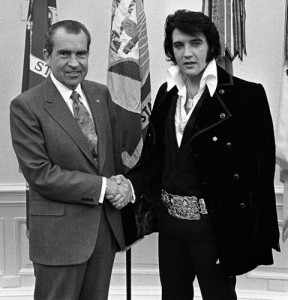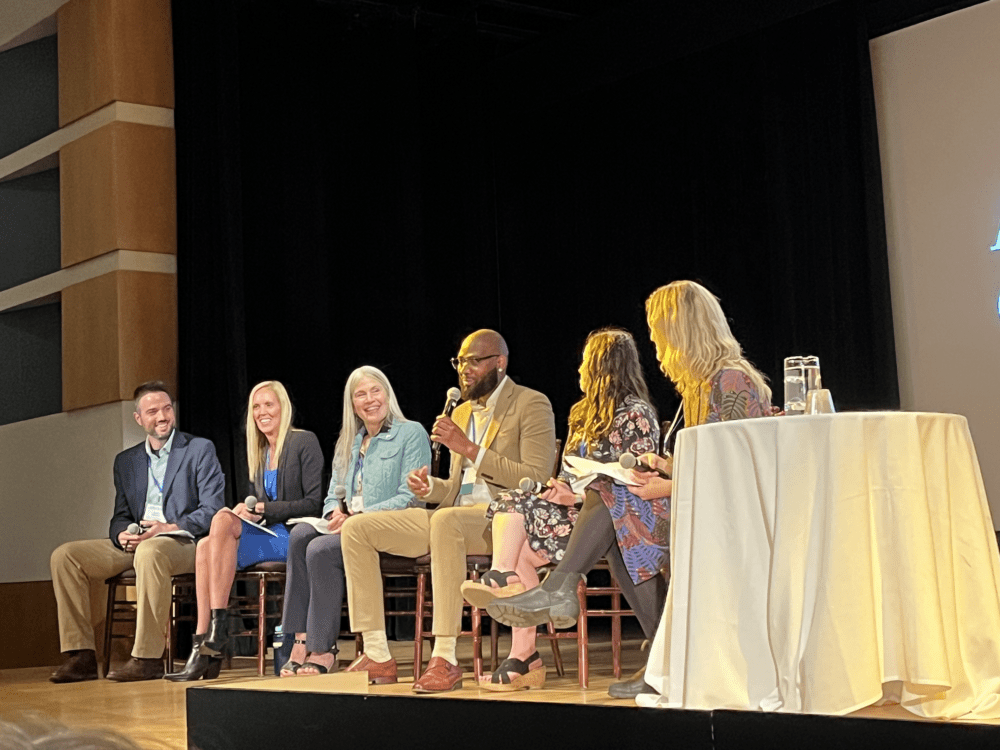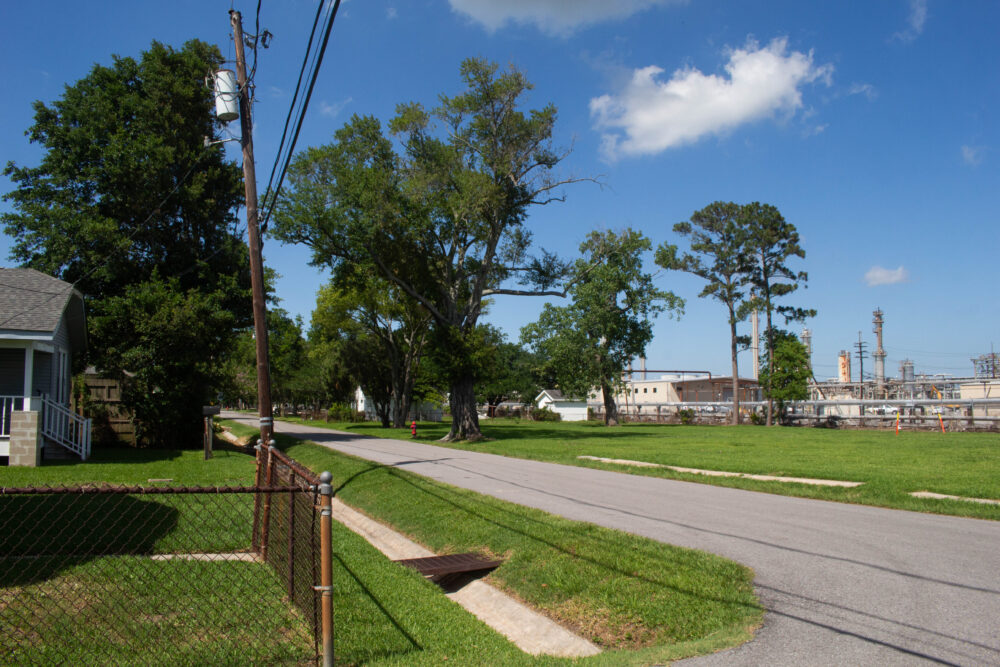We have much more to do and your continued support is needed now more than ever.
Congress’ Latest Attack on the Environment Ensnares Elvis

How NEPA Conserves
If the federal government is involved in expanding a highway, for example, the agency must (1) tell the public how that highway and its use will impact air, water, wildlife, wetlands and other natural resources and (2) involve the public in reviewing those impacts by inviting public comment and analysis. Fortunately, “the public” means all the stakeholders, from the bulldozer operators to local governments to paddlers. So it’s about even more than conservation – it’s about transparency in government, and democratic participation.
NEPA does not mandate a particular decision. It just requires decision-makers to make a thorough examination of the environmental impacts, consider the impacts and look at alternatives. It prevents corruption. bias and mistakes. NEPA is a no-brainer. The basic premise is to help everyone understand what natural resources are there and what would be affected by the proposed action, be it a highway, a dam or expansion of an airport runway. Know before you act.
NEPA Now Ensnared in Beltway Politics
How things have changed since 1970 though. Some in Congress, at the behest of industries that would prefer to railroad projects with environmental consequences through, think it’s time to gut NEPA.
Federal legislators are now negotiating a transportation bill in a joint House of Represenatives-Senate conference committee and some in Congress are trying to gut some of NEPA’s most important provisions. One measure would eliminate the public involvement and comment involved in the environmental review of proposed federal highway projects. Another would allow states to buy right-of-way for “long-range needs” and capacity for expansion for a 50- to 100-year period and then allow them to avoid environmental review for any projects carried out within that previously obtained right-of-way. This means that many miles of new roads could be built without any environmental review, with little information on environmental impacts and without any requirement to address citizens’ concerns.
The Elvis-NEPA Connection
The King didn’t know it when he met President Nixon, but the 1970 landmark law would save some hallowed rock and roll ground. In the 1960s and 1970s, some highway planners wanted to use 26 acres of the 342-acre Overton Park in Memphis to build Interstate Highway 40 to speed suburban commuters’ trips to downtown. Local residents formed a group called Citizens to Preserve Overton Park and challenged the plan in court in what became one of the most famous cases in environmental law.
Ultimately, the United States Supreme Court ruled in their favor in Citizens to Preserve Overton Park v. Volpe.[5] The case helped define for decades and maybe generations how citizen groups have a right to organize and have their concerns heard before federal agencies set out to make controversial and potentially destructive decisions.
Now to Elvis. The famous Shell Theatre is in Overton Park and that is where Elvis Presley gave his first paid concert on July 30, 1954. NEPA helped galvanize the community, and ensure a wise decision was made. Shell still stands today, and it remains a cultural hub in Overton Park.
“Don’t Be Cruel,” Elvis crooned. Listen up, Congress.





















